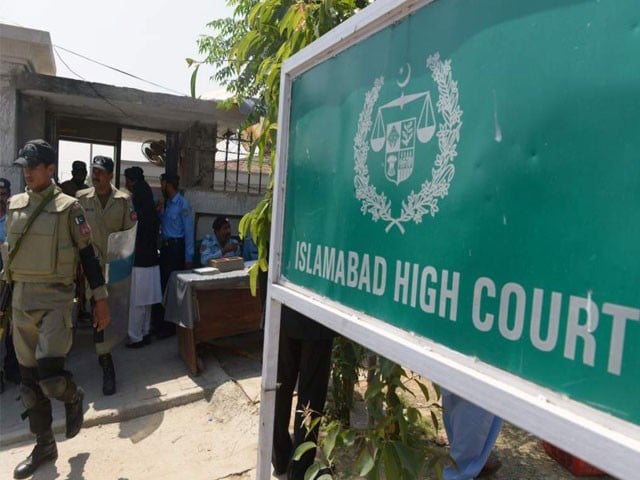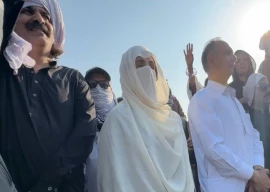
According to a written order issued on Friday, the Police Order, 2002 “is being resisted for reasons that are required to be explained and justified by the federation as well as the administration of the Islamabad Capital Territory (ICT).
“The Police Order, 2002 came into force in the ICT on the date when the local government had assumed office in the said territory, as contemplated under sub section (3) of section 1 ibid.
“Whether there are justifiable reasons for refusing to implement the provisions of the said statute, the object whereof was to make one of the most important components of the criminal justice system responsive, effective and accountable to the actual stakeholders,” it said.
The court questioned if there were no justifiable reasons for refusing to implement the provisions of the Police Order, 2002, then who is responsible for the delay and whether such person/authorities should be held accountable?
It also asked what the factors are responsible for lack of functional specialization of investigation officers and who is responsible for their appointment, training and career planning.
IHC issues notices in COMSATS institute sub-engineer case
“Whether the enforced laws in the context of the criminal justice system, eg, the Code of Criminal Procedure, 1898, Qanoon-e-Shahadat Order, 1984, etc meet the challenges, particularly prevention of miscarriages of justice?”
The IHC also asked if the state owes a duty of care and if so, whether it becomes liable to compensate a victim who suffers miscarriages of justice because of breach of such a duty.
“Whether the delays in trial of a criminal case or disposal of appeals against conviction would give a cause of action to the person who suffers miscarriages of justice, for seeking damages?” it added.
The court also nominated a number of people as amicus curie in the case.
These include Special Assistant to Prime Minister Ishrat Hussain, former inspector general police (IGP) Shoaib Sadal, Attorney General for Pakistan, advocate general, the National Police Bureau director general and Adiala Jail superintendent.
The court also sought assistance from Pakistan Bar Council Chairman Abid Saqi, Islamabad Bar Council Vice Chairman Qazi Rafiuddin and presidents of the Islamabad High Court Bar Association (IHCBA) and the District Bar Association.
The court also directed Interior Ministry secretary, cabinet secretary, chief commissioner and Islamabad IGP to appoint senior and officials concerned for their representation in this case. The IHC also sought reports from the sessions and the special judges regarding delays in conclusion of criminal trials.




1732875433-0/BeFunky-collage-(6)1732875433-0-165x106.webp)
1732870002-0/BeFunk_§_]__-(73)1732870002-0.jpg)

1732864055-0/Express-Tribune-(1)1732864055-0-270x192.webp)
1732868310-0/BeFunk_§_]__-(72)1732868310-0.jpg)








COMMENTS
Comments are moderated and generally will be posted if they are on-topic and not abusive.
For more information, please see our Comments FAQ